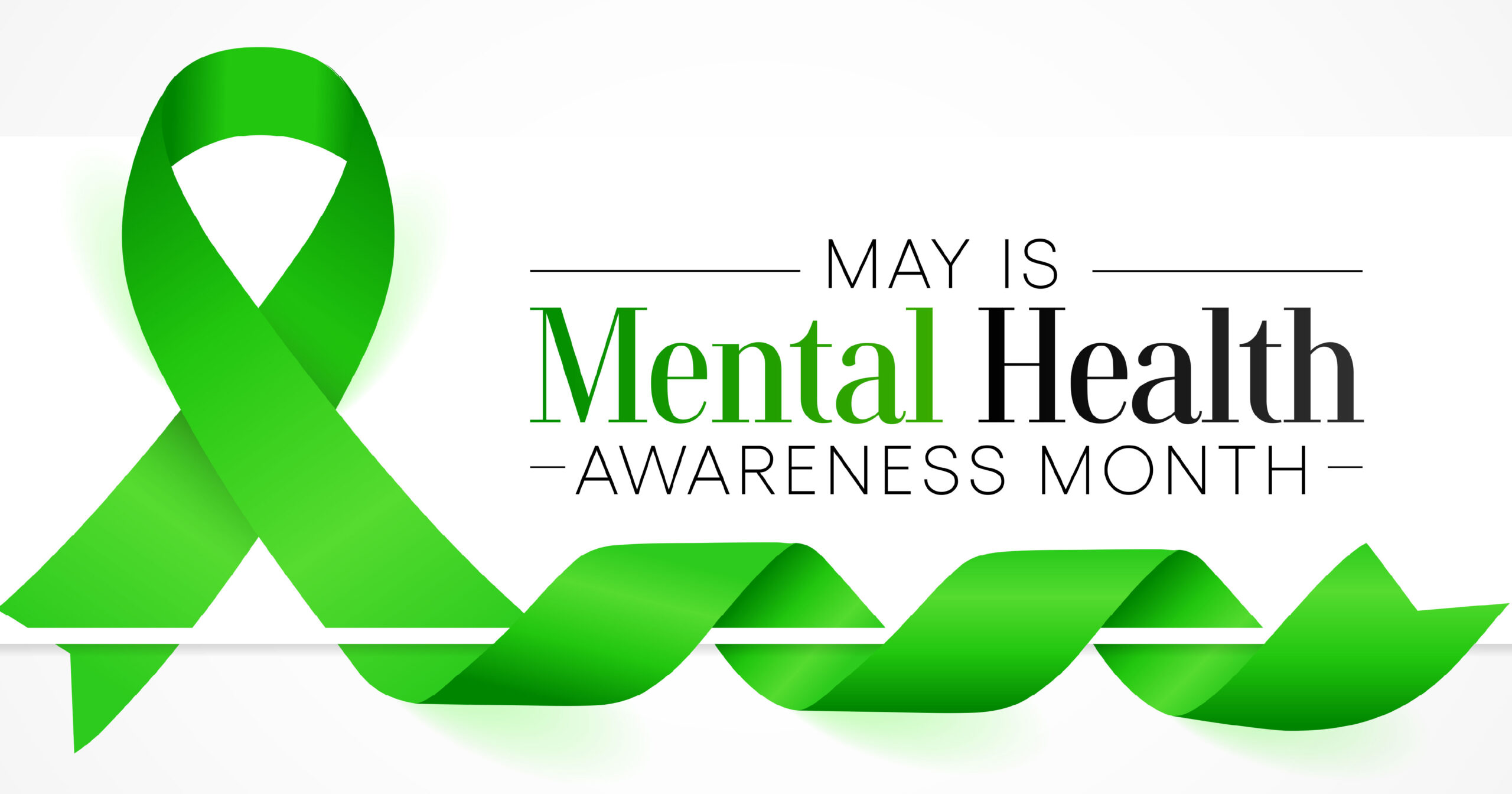May is Mental Health Awareness Month—an important time to amplify conversations around mental wellness, reduce stigma, and spotlight the progress being made through research. Among the many conditions impacting millions of people worldwide, bipolar disorder remains one of the most complex and widely misunderstood. But thanks to ongoing clinical trials, we’re seeing promising advancements in how this condition is diagnosed, managed, and treated.
The Challenges of Bipolar Disorder
Bipolar disorder is characterized by dramatic shifts in mood, energy, and activity levels—ranging from depressive lows to manic highs. These mood episodes can be debilitating and disruptive, and no two cases are exactly alike. Finding the right treatment is often a lengthy process of trial and error, especially since each individual may respond differently to medications or therapies.
How Research Is Changing the Game
Clinical research plays a vital role in identifying more effective, personalized approaches to treating bipolar disorder. Trials focused on bipolar disorder are helping us better understand:
- How to stabilize mood swings more effectively
- The biological and neurological mechanisms behind manic and depressive episodes
- New medications with fewer side effects

Tailored treatment plans based on genetics and biomarkers
Many current studies are also exploring therapies that go beyond medication—such as digital tools, behavioral therapies, and lifestyle interventions that support overall mental well-being.
Hope Through Innovation
The ultimate goal of bipolar disorder research is to help people live more stable, fulfilling lives. Each clinical trial contributes to a growing body of knowledge that’s improving how we treat and support those with the condition. By participating in or supporting mental health research, we’re helping pave the way for better outcomes and a brighter future.
As we recognize Mental Health Awareness Month, it’s important to acknowledge the critical role research plays—not just in treatment, but in giving hope.




